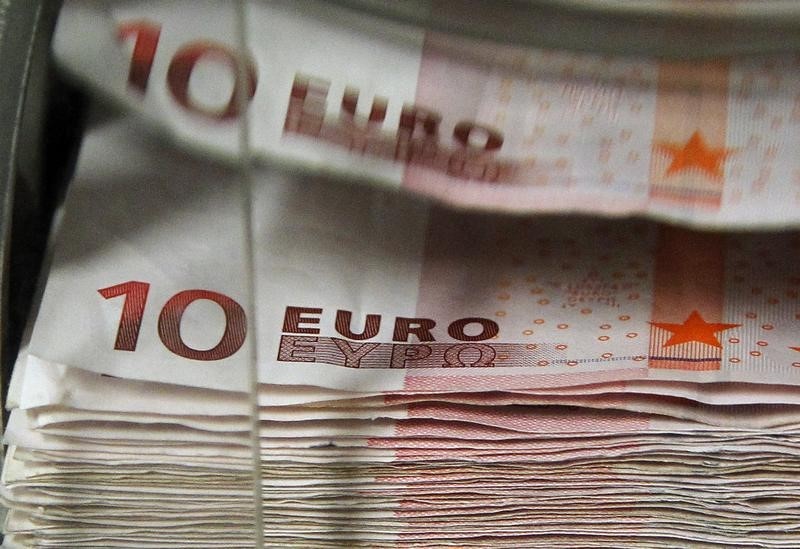Investing.com - The euro was weaker on Monday after data showed that Germany’s private sector shrank for the first time in more than six years, raising concerns over a deepening recession in the euro zone's biggest economy.
Markit's flash composite purchasing managers' index (PMI), which tracks the manufacturing and services sectors that together account for more than two-thirds of the economy, fell to 49.1 from 51.7 in the previous month.
Meanwhile, sterling stumbled after the European Union’s Brexit negotiator said it was unlikely a Brexit deal would be made as long as U.K. Prime Minister Boris Johnson insisted the Irish backstop deal be dropped.
"Based on current U.K. thinking, it is difficult to see how we can arrive at a legally operative solution which fulfils all the objectives of the backstop. It is in a very sensitive and difficult phase," Michel Bernier said on Monday.
The pound stumbled 0.4% to 1.2427 as of 10:59AM ET (14:59 GMT), while EUR/USD slipped 0.2% to 1.0993.
Meanwhile the U.S. dollar was slightly higher amid trade concerns, after a Chinese delegation ended its U.S. trip early. Both sides said the talks were constructive, but neither gave any details about what was discussed. Chinese officials were expected to visit various farming regions but announced on Friday that they were returning home earlier than expected, fueling speculation over trade uncertainty.
The U.S. dollar index, which measures the greenback’s strength against a basket of six major currencies, rose 0.1% to 98.238.
Elsewhere, USD/CAD rose 0.1% to 1.3275. The Japanese yen, which is seen as a safe haven in times of market turmoil, rose, with USD/JPY falling 0.2% to 107.34.
